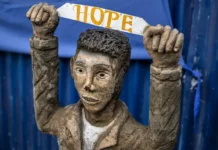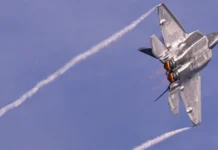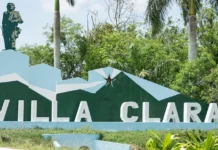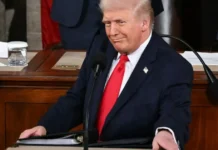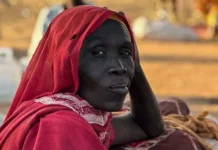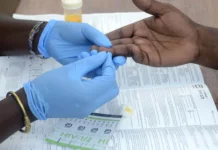
Written by Were Kelly
A grim cycle of violence has gripped the occupied West Bank, marked by the death of a 13-year-old Palestinian boy from wounds sustained during an assault by Israeli forces a month ago and a concurrent wave of attacks by masked Israeli settlers who set fire to vehicles and property in several villages. The boy’s passing and the settler rampages, which occurred in areas including Beit Lid and Deir Sharaf, have cast a stark light on the pervasive atmosphere of fear and impunity experienced by Palestinian communities, even drawing a rare criticism of settler violence from Israeli President Isaac Herzog. The incidents underscore how the West Bank remains a tinderbox, where individual acts of brutality can quickly ignite broader unrest.
The death of the teenager has left his family and community engulfed in grief and a profound sense of injustice. His father, mourning his loss, stated, “They killed my son slowly. There was no justice, no arrest, just a child in a hospital bed until he left us.” The circumstances of the initial assault a month prior remain unclear, with Israeli military authorities stating an investigation is ongoing, a claim met with deep scepticism by Palestinians who cite a pattern of inadequate accountability for actions taken against civilians. As this tragedy unfolded, groups of masked settlers launched coordinated attacks, torching cars and agricultural equipment. A village elder from one of the affected communities described a climate of terror, saying, “These attacks are meant to terrorise us, to make us leave our land. The soldiers watch, and sometimes they join. We are not safe in our homes.”
In a notable intervention, Israeli President Isaac Herzog, whose role is largely ceremonial, publicly addressed the settler violence. “The lawless violence by a minority of settlers is a stain on our nation and betrays the values we stand for. It must be condemned and stopped,” President Herzog remarked. His condemnation, however, highlights the gap between rhetorical disapproval and tangible action on the ground. Palestinian leaders and human rights organisations consistently argue that the Israeli military and police routinely fail to intervene to protect Palestinian civilians from settler attacks and rarely prosecute the perpetrators, thereby fostering an environment where such violence is tolerated.
The convergence of these events, a child’s death from state-linked violence and vigilante settler attacks, creates a potent and dangerous mix that threatens to push the West Bank into a new spiral of retaliation and conflict. The lack of legal recourse for Palestinian victims fuels deep-seated anger and resentment, which militant groups are often able to exploit for recruitment. For the Israeli government, the ongoing tension in the territory presents an immense challenge in maintaining security while its coalition includes parties that openly support settlement expansion and are reluctant to confront settler hardliners. The situation leaves little hope for stability, as the fundamental issues of occupation, land rights, and accountability remain unaddressed, ensuring that the death of one boy becomes another painful data point in an intractable and tragic conflict.









